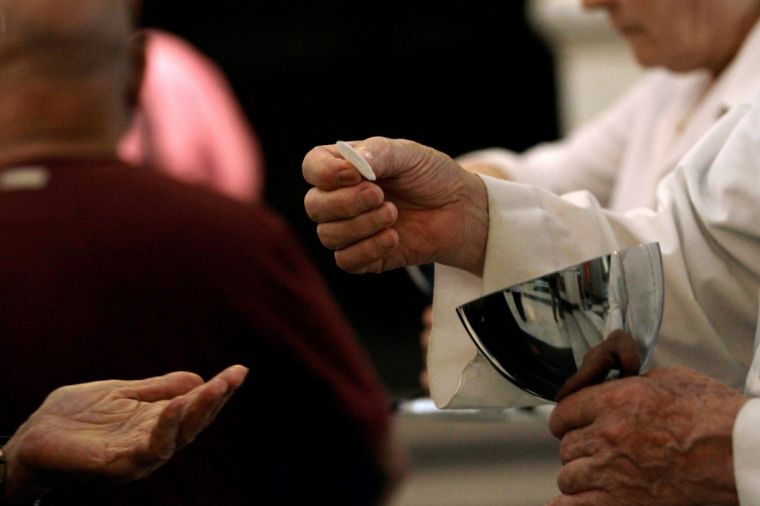Religious freedom linked to economic growth and innovation

Countries that allow greater religious freedom are more likely to be innovative and experience economic growth, researchers have found.
A fifth of countries with low levels of religious hostilities and government restrictions on religious freedom were strong in innovation.
This compared to just 8 per cent of countries that had high levels of religious hostilities, and 7 per cent of countries with high levels of government restrictions.
The study, 'Is Religious Freedom Good for Business?', was published in the Interdisciplinary Journal of Research on Religion and looked at GDP growth in 173 countries in 2011. This was compared to data on religious restrictions, and the level of economic and business freedom in the country.
It was authored by researchers at Georgetown University's Berkley Center for Religion, Peace & World Affairs, and Brigham Young University's International Center for Law and Religion Studies.
Commenting on the findings, the Religious Freedom & Business Foundation said: "As the world navigates away from years of poor economic perforamnce, religious freedom may be an unrecognised asset to economic recovery and growth."
The foundation agreed that religious hostilities and restrictions could create "climates that can drive away local and foreign investment, undermine sustainable development, and disrupt huge sectors of economies", and cited Egypt as an example of this.
It shared the study's concern that young entrepreneurs may be pushed into taking their talents elsewhere.
The study follows the 2011 study by Brian J Grim and Roger Finke, The Price of Freedom Denied, which concluded that restricting religious freedom was associated with higher levels of violent persecution.











